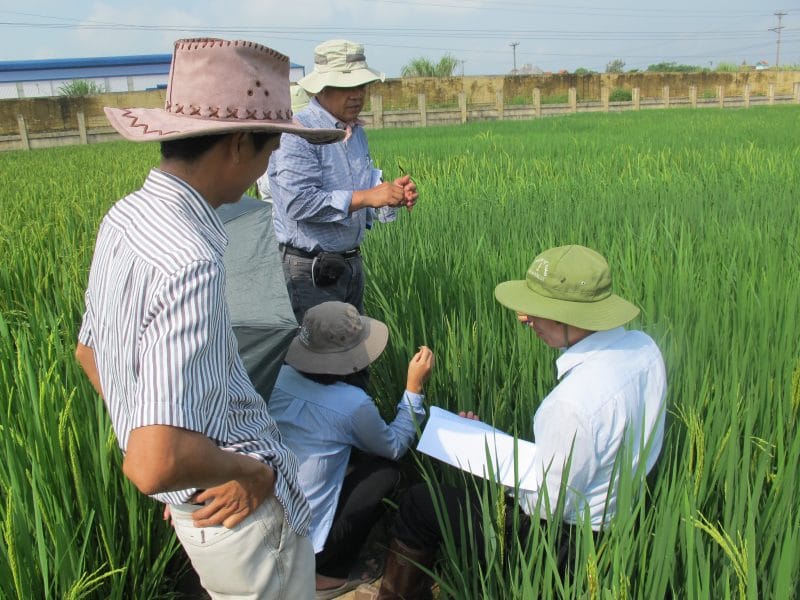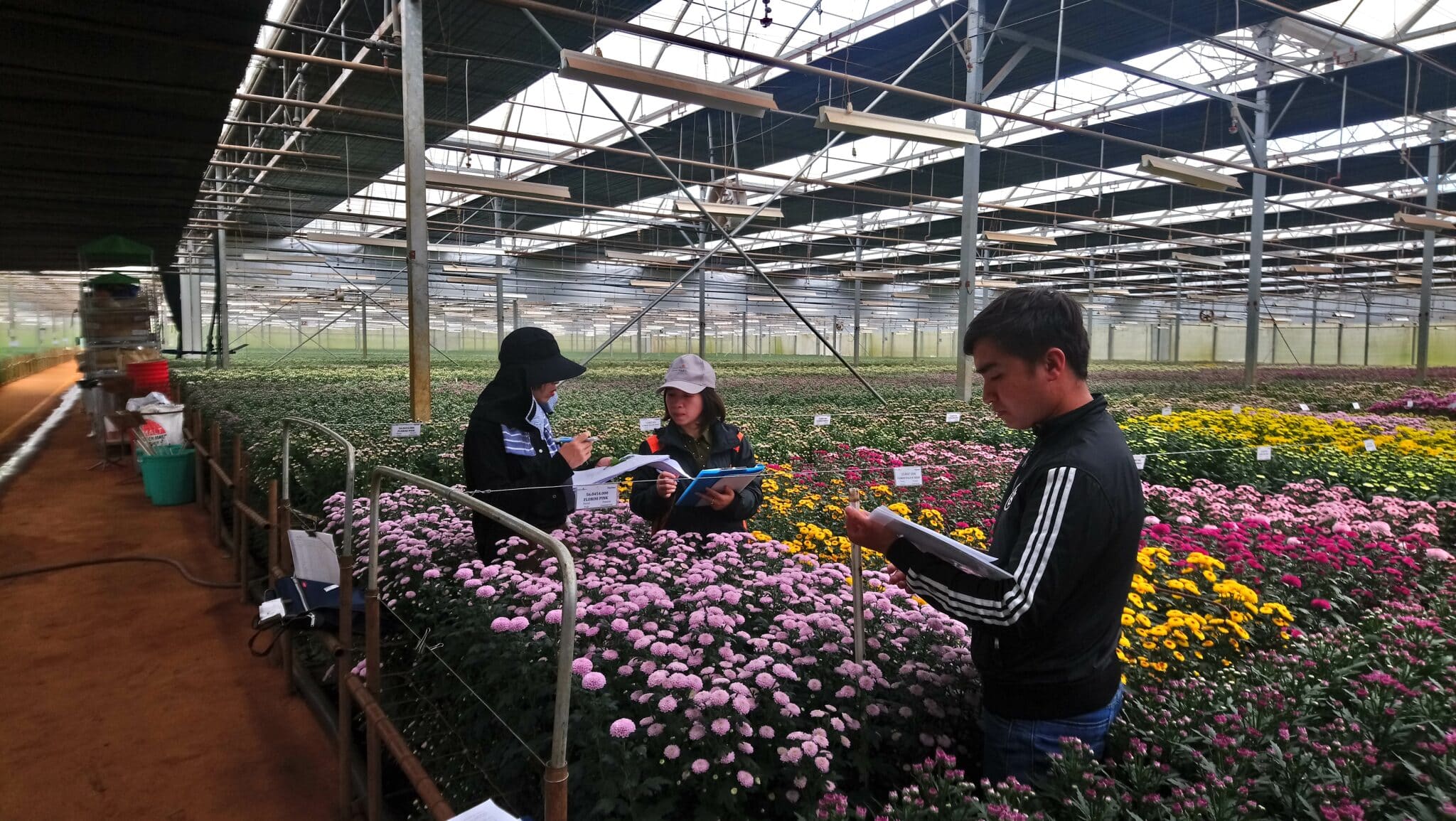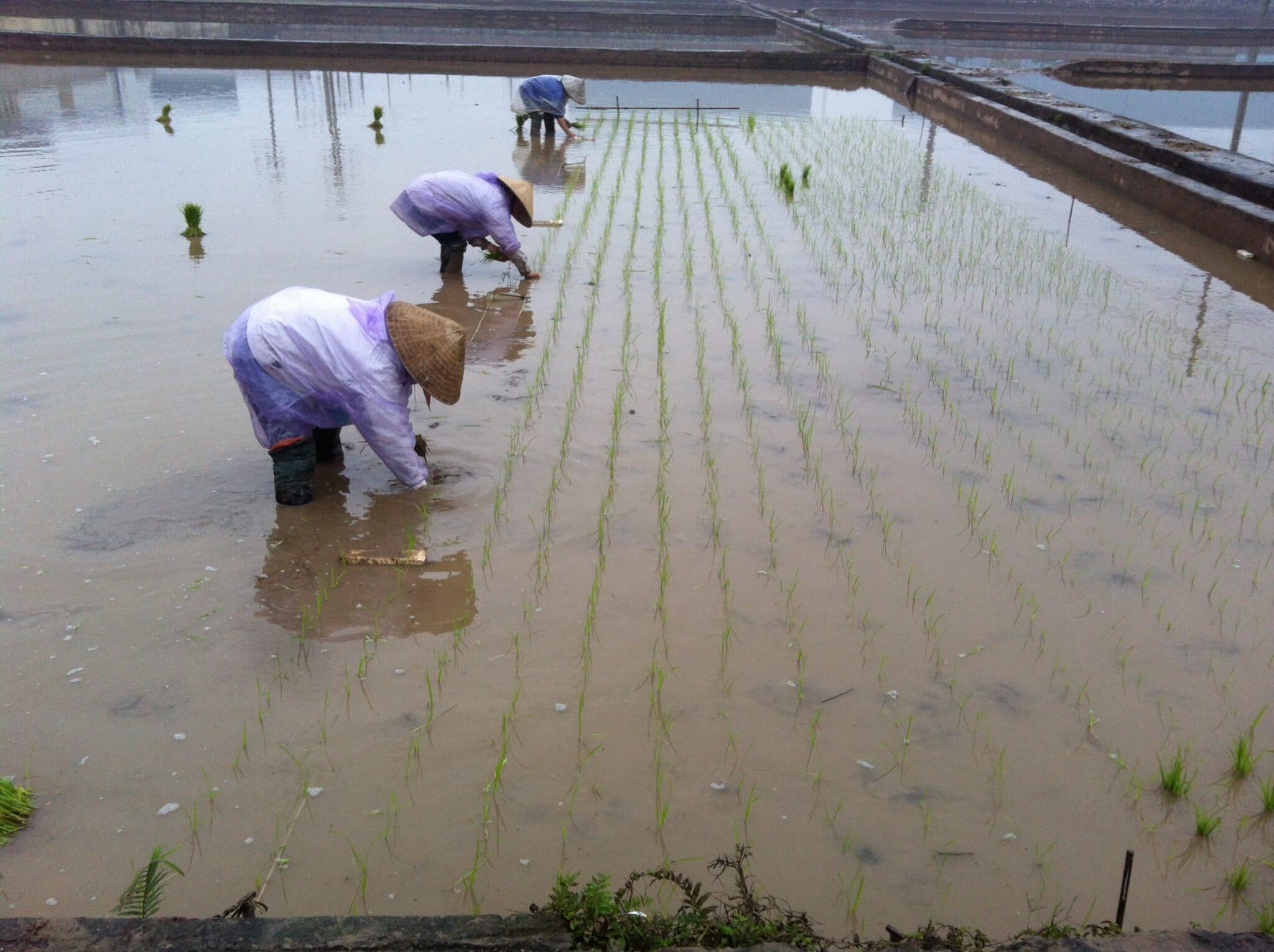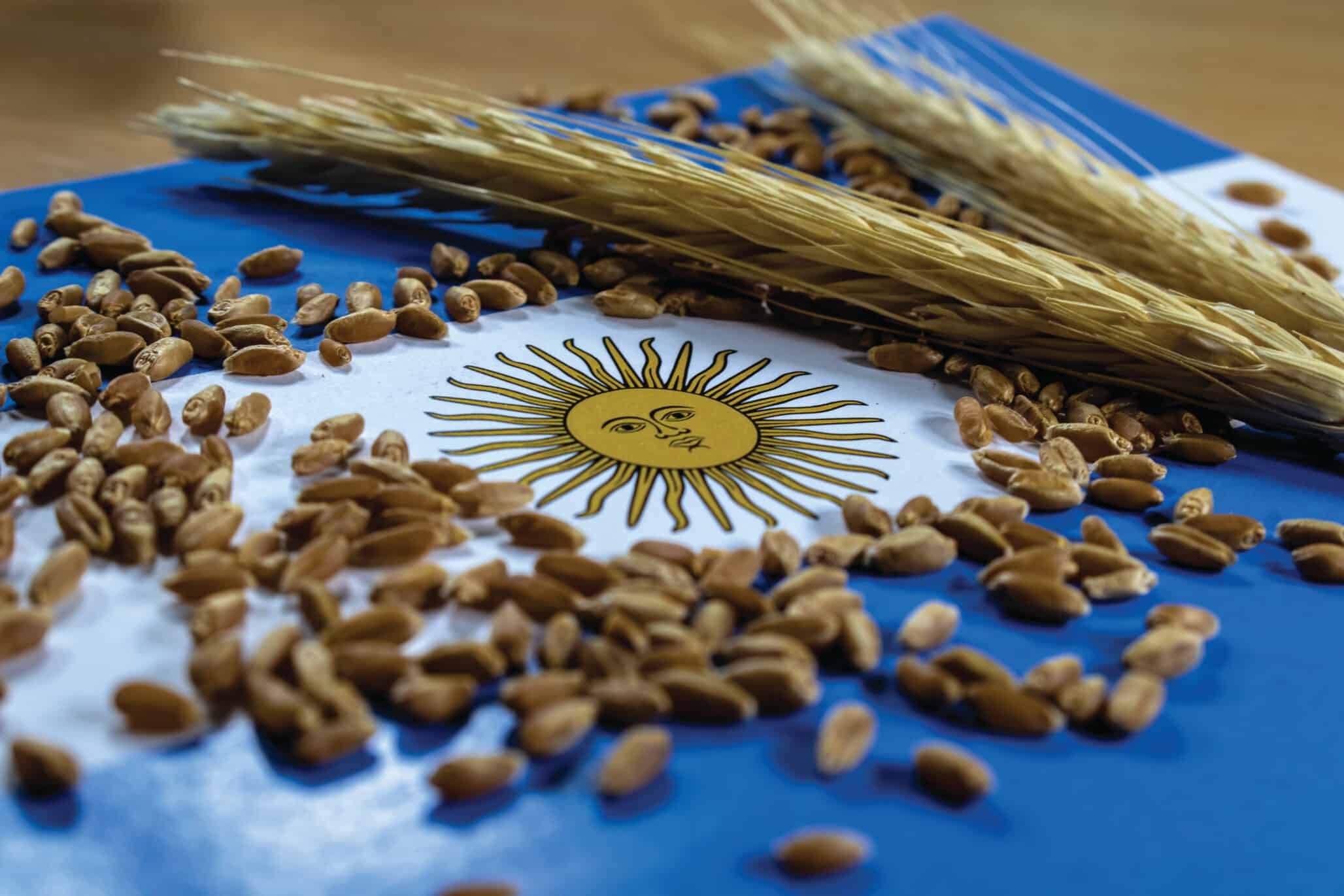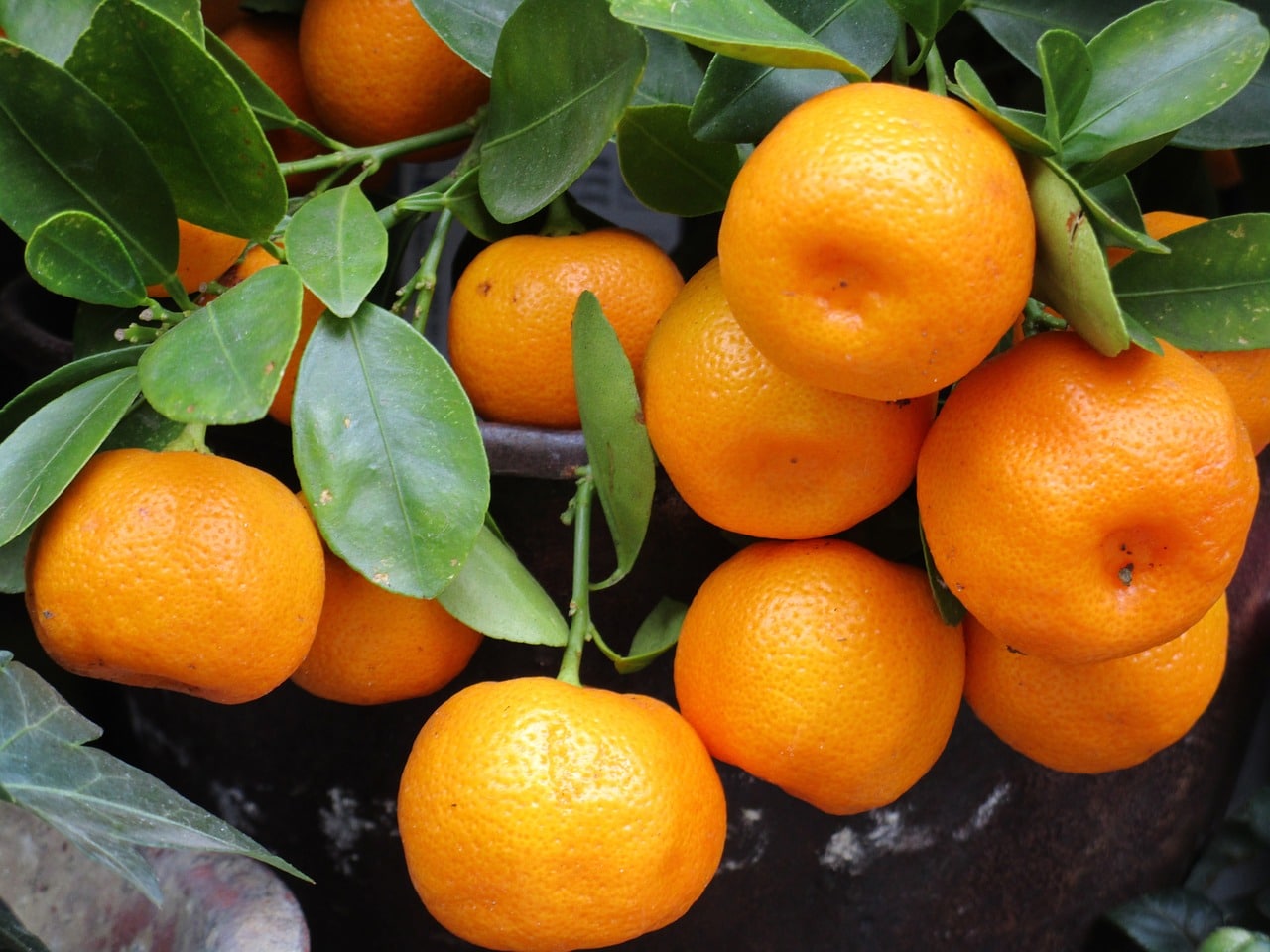Vietnam is an agriculture country in which approximately 60% of the people are living based on agriculture. By the end of 2018, Vietnam’s population had reached 95 million while the area is ‘only’ 332,000 km2, so Vietnam is one of the countries in the world with highest population density per square km.
Since the country became an exporter of agriculture products, Vietnam’s government tried to improve the living standard of its people. And for this purpose, the seed sector plays a crucially important role by the contribution of new plant varieties.
In order to support the growth of seed sector, Vietnam has decided to establish a national Plant Variety Protection (PVP) system because PVP encourages plant breeding and the introduction of new plant varieties which in turn benefits agricultural production and society as a whole.
[tweetshare tweet=”The seed sector plays a crucially important role in improving the living standards of people.” username=”EuropeanSeed”]
HISTORY OF PVP IN VIETNAM
The development of the Plant Variety Protection system in Vietnam can be divided into three stages:
1. Study the real concept of PVP (1995 – 2000)
In this stage, many Vietnamese experts were dispatched to countries with an experienced PVP system to attend seminars, study-tours and training courses on PVP. Through these activities we found out that having an efficient PVP system was absolutely necessary for Vietnam.
2. Establishing a national PVP system and joining UPOV (2000 – 2006)
In this period, the Ministry of Agriculture and Rural Development (MARD) issued a PVP legislation document and established PVP and DUS testing offices. However, there was some confusion and mistakes in the document thus the implementation of PVP was not effective.
Therefore, in order for the PVP system to be effective, Vietnam decided to join the International Union for the Protection of New Varieties of Plants (UPOV). From 2005 to 2006 the country drafted and issued a law on Intellectual Property (IP) for becoming a UPOV member and improved the technical system after which we started to join UPOV. And on 24 December 2006, Vietnam became UPOV’s 63rdmember.
3. Exploiting the benefit of UPOV Membership (2007 – now)
Since we became a member of UPOV, we are running the national PVP system under the UPOV 1991 Convention and exploit the benefits of the system by its positive impact to Vietnam’s socio-economy.
IMPACT TO VIETNAM’S SOCIO-ECONOMY
There were many positive changes to the socio-economy of Vietnam which have been categorized in the seven points below:
1. Farmers’ income is increased
After Vietnam became UPOV member, the number of PVP applications has increased rapidly. In 2007, just one year after joining UPOV, the number of applications was higher than the total of the three years before (2004 – 2006). The number continued to increase year after year and recently reached about 250 applications per year.
[tweetshare tweet=”After joining UPOV, Vietnamese farmers had benefits through new varieties with higher yields, increased quality and better resistance to pests and diseases.” username=”EuropeanSeed”]
The fact that the number of applications continues to increase means that many new varieties with good features have been introduced to the farmers. Thus, the Vietnamese farmers get benefit by using those new varieties with have higher yields, increased quality and a good resistance to diseases and insects and a better tolerance to abiotic stresses such as a bad climate. All is all, this has led to an increase in farmer income. Many new varieties of flowers and vegetables were introduced to Vietnam from countries like Japan, the Netherlands and the US. And the Vietnamese farmers receive a good price for these products at export.
- Diversification of parties that develop new plant varieties
Before PVP appeared in Vietnam, breeding a new variety was only conducted by researchers from the public sector (public research institutes, universities…). However, when Vietnam implemented a PVP legislation, there were some major changes to the range of people who carry out the breeding and selection of the new varieties. Data show that besides the public sector, now also private sector companies, farmers and individual had started breeding new varieties.
- Specialization in the chain from creating to introducing to producing a new plant variety.
Before Vietnam established a PVP system, after breeding a new variety, the breeder had to try to introduce the new variety to the farmers by themselves. But they did not have a professional distribution system, which meant that farmers were unable to obtain a regular supply of high-quality seed. But since the PVP system is in place, after creating a new variety, breeders often license a company to exploit the right after which they collect a royalty, or sometimes sell their PVP right to a company. Companies now own a good distribution system and they have very good seed production skills, so the farmer has access to good service and high-quality seed. At the same time, the change of the seed distribution made the management of seed quality in the market much easier for the authorities. The specialization in the chain makes the breeding and introduction of new varieties to the farmers more effective.
- More R&D investment by the private sector and increasing the scope and competition capacity of Small and Medium Enterprises (SME)
PVP encourages the investment by the private plant breeding sector into the Research and Development (R&D) of new plant varieties. In Vietnam, before there was a PVP system in place, almost all of the companies only engaged in a trading business but did not engage in any R&D activities. As soon as a PVP system was implemented in Vietnam, the private sector started to invest in R&D basically in two phases:
– In the beginning the companies are licensed or assigned PVP’s rights from public research institutes and exploited the PVP rights in their own seed business.
– Later on, many of the companies built their own R&D capacity for breeding new plant varieties, and experienced sufficient growth in order to expand their market overseas. Thus, their ability to compete in the global market increased. At present, many small and medium enterprises (SME’s) are investing in R&D facilities with laboratories, field trials, in order to advance their breeding.
[tweetshare tweet=”The introduction of a PVP system in Vietnam led in some cases to an almost 800-fold increase in R&D investment in plant breeding.” username=”EuropeanSeed”]
An example can be seen in the VINA Seed Corporation: they were established in 1968 and at that time, it belonged to the government. From 2003, they became a private company. However, before Vietnam became a UPOV member (before 2006), their total investment in R&D was 13,500 USD. In the period 2006 to 2017 their R&D investment reached 10.5 Million USD, a 778-fold increase (data from the Report of VINA Seed Corporation).
5: Overall economic growth
The growth of the agricultural and horticultural sector contributed to a higher economic prosperity at the national level. When looking at the Gross Domestic Product (GDP) across the entire economy, a recent study on three crops: rice, maize and sweet potato (Noleppa, 2017), showed an increase of $3.4 billion USD, which included the additional agricultural value and the additional generated GDP in upstream and downstream industries in Vietnam. The successes of plant breeding, following the country’s UPOV membership also added another $1.5 billion USD to the GDP value. So, it is safe to say that plant breeding activities and investments have greatly favored the economic environment in the country. In total, a GDP impact of around $5 billion USD annually could be calculated.
[tweetshare tweet=”Vietnam’s annual GDP grew by 5 billion USD due to the introduction of a UPOV based PVP system.” username=”EuropeanSeed”]
6. Contributing to the success of Government Policies
As soon as Vietnam became a big exporter for agriculture products in the world, several major policies in the field of agriculture were implemented by the Vietnam government such as:
– Land consolidation to boost the production of high-quality products;
– A Food Value Chain approach for crop production;
– A re-organization of the cropping pattern to be more effective as well as to mitigate the effects of climate change;
– Safe Crop Production in order to improve the living standard of the people.
The country is convinced that these policies will be a success when there is participation by the private sector. The PVP system ensured their property rights and secured their investments.
[tweetshare tweet=”Vietnam’s PVP system ensured that plant breeders felt confident about their investments.” username=”EuropeanSeed”]
7. The capacity of the PVP system is strengthened by the cooperation and assistance among UPOV members
The cooperation between members of UPOV through various activities, such as exchanging experience and experts; cooperation on the examination of varieties and more, help Vietnam to increase its capacity. It is a challenge to increase the number of staff members who work in the PVP system. However, through such cooperation within UPOV, the country is able to offer protection to all plant species effectively.
8. Diversification of the products for the consumer.
PVP is encouraging the breeding and selection of new varieties, and lately many new varieties from other species which have a special purpose for people have been introduced. In recent years, in Vietnam, many new plant species with varieties for medicinal or functional food purposes were introduced and these are also contributing to improve the lives of the consumer.
FUTURE PLANS OF THE VIETNAM GOVERNMENT
Vietnam’s government is fully aware of the importance of the development of a PVP system and is planning to build a strategy to develop Intellectual Property in Vietnam for the period 2020 – 2030. And PVP will be an important part of this strategy. The strategy aims to make the national PVP system become more effective in line with the mission statement of UPOV:“To provide and promote an effective system of plant variety protection, with the aim of encouraging the development of new varieties of plants, for the benefit of society”.
Editor’s Note: Nguyen Thanh Minh is Director of Plant Variety Protection in Vietnam


